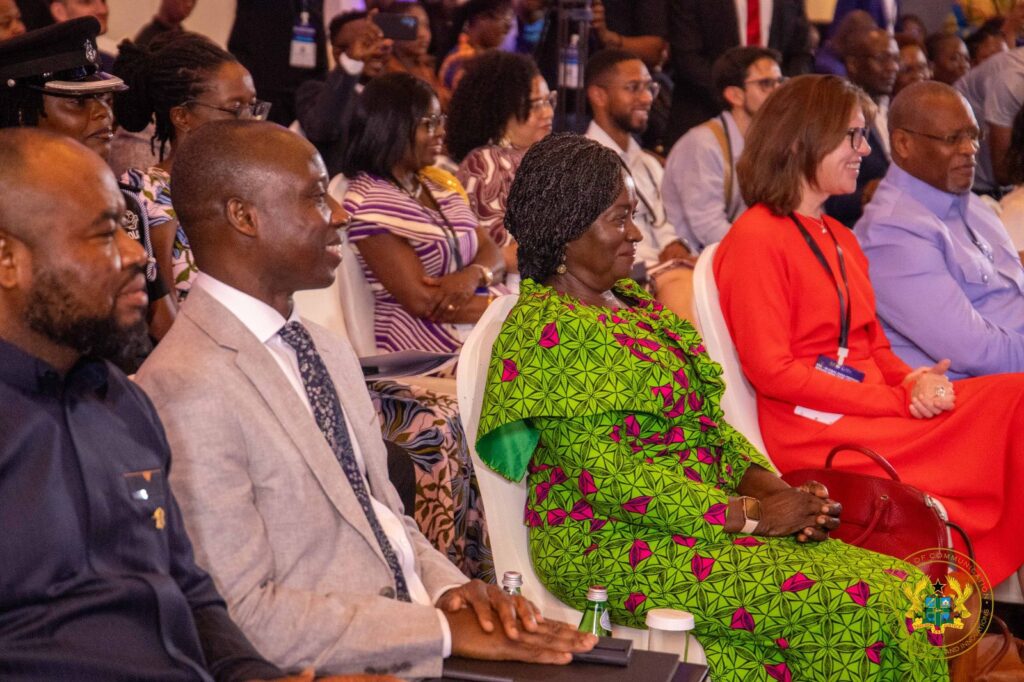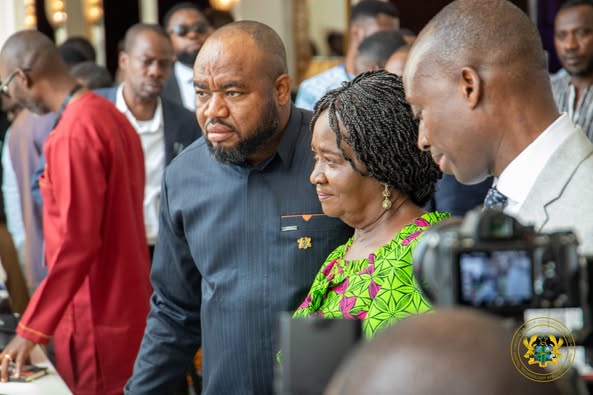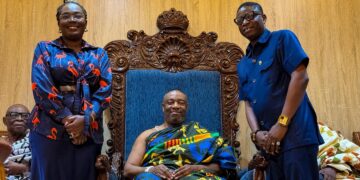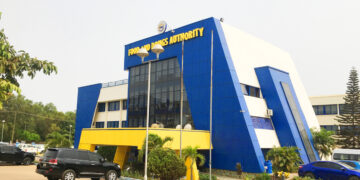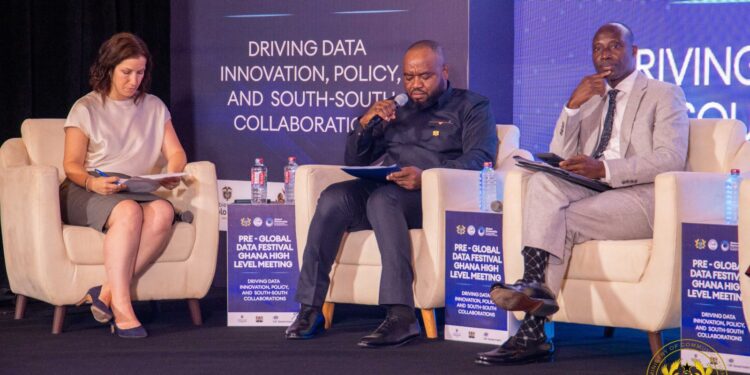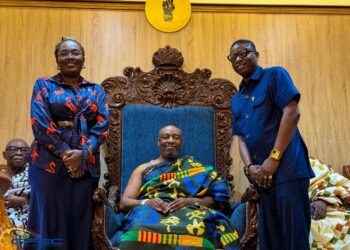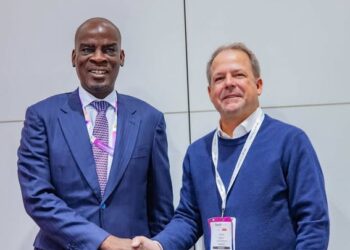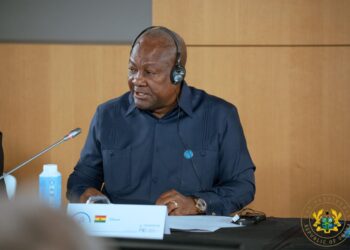Deputy Minister for Communication, Digital Technology, and Innovations, Mohammed Adam Sukparu, has reaffirmed Ghana’s commitment to building an inclusive digital economy.
Delivering a speech on behalf of Sector Minister, Samuel Nartey George at the Pre-Global Data Festival Ghana High-Level meeting on Tuesday, 26th August 2025, he announced that Ghana is “charting a bold and inclusive path toward a digitally empowered future.”
According to the Deputy Minister, “Under the leadership of His Excellency, President John Dramani Mahama, Ghana is placing digital technology right at the heart of national development.”
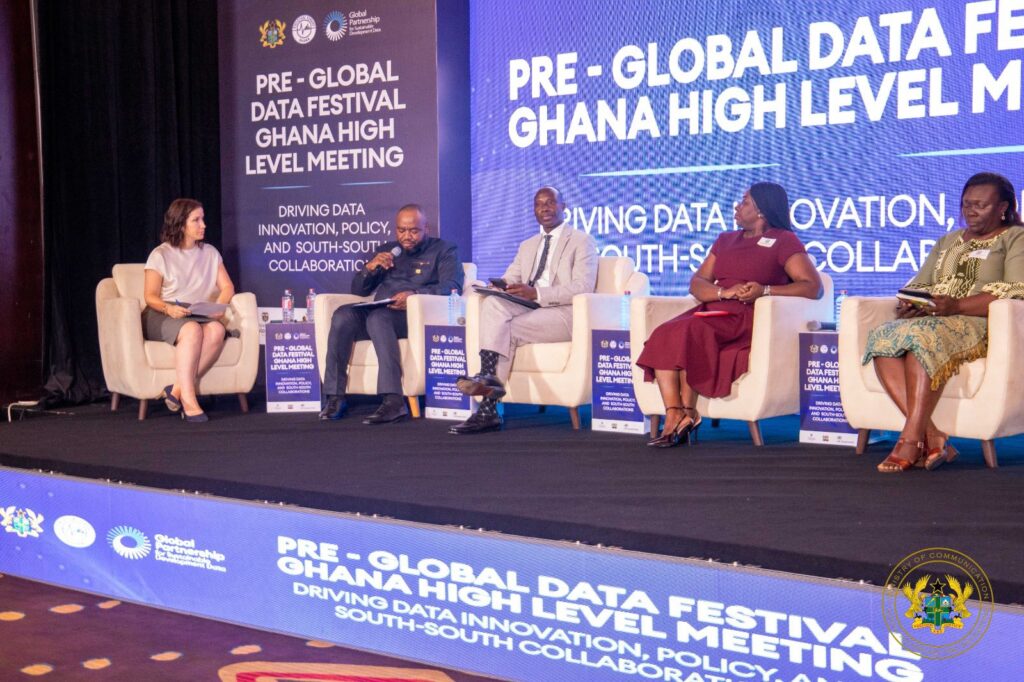
The event, held at Kempinski, brought together high-level dignitaries including Vice President Prof. Naana Jane Opoku-Agyeman, Kenya’s Principal Secretary Dr. Korir Sing’Oei, Colombia’s Ambassador to Ghana, Mr. Zia Choudhury, UN Resident Coordinator, and Government Statistician, Dr. Alhassan Iddrisu.
Highlighting government priorities, Mr. Sukparu noted that technology remains central to economic transformation.
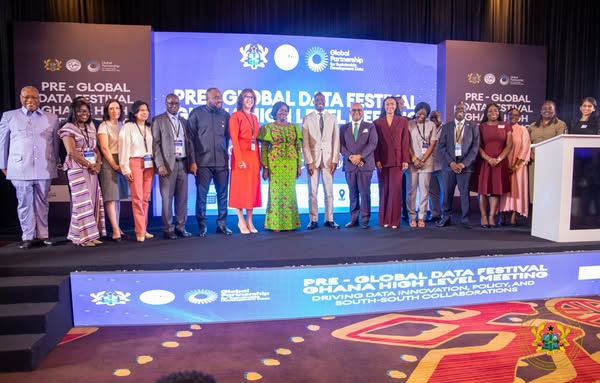
He stressed that “the government has placed digital technology right at the heart of national development because it drives productivity, creates jobs, and helps us connect better with each other and with the world.”
At the core of this vision is the One Million Coders Programme, designed to equip Ghanaians with skills in coding, artificial intelligence, cybersecurity, and data analytics.
“The programme is not just a policy, it is a fulfilled promise,” he said, recalling its inclusion in the 2024 NDC Manifesto.
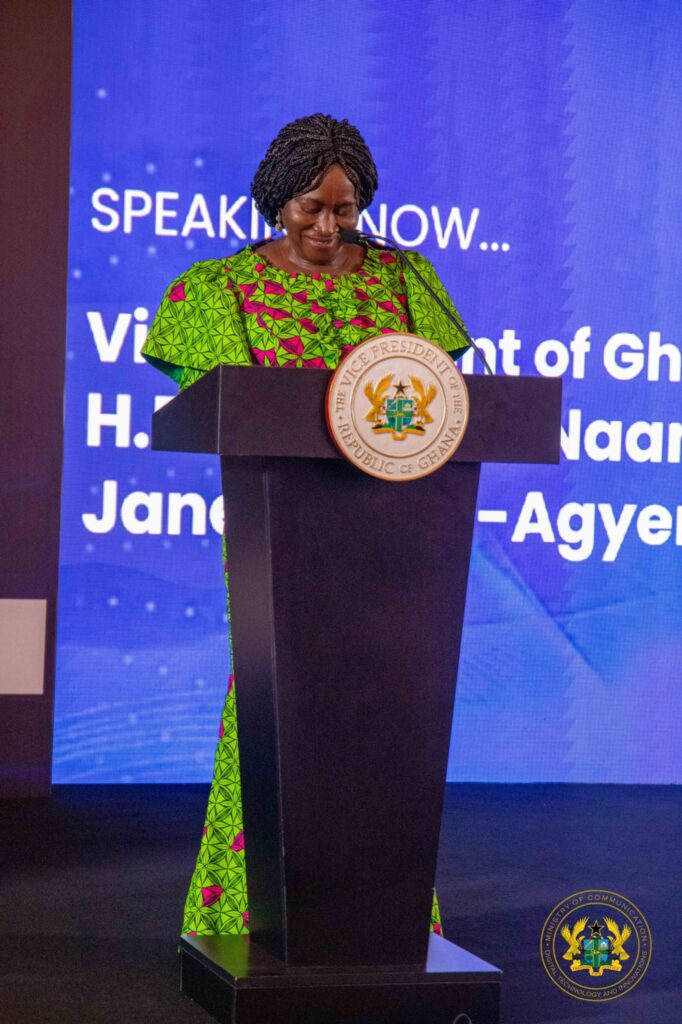
So far, the initiative has received over 90,000 applications within 48 hours of launch, with 150,000 registered participants set to begin training. Sukparu emphasized its long-term impact, “With one million coders and thousands of specialists in AI, cybersecurity, and emerging technologies, Ghana will not merely participate in the global digital economy—we will lead it.”
He also outlined complementary initiatives such as the Draft National Artificial Intelligence Strategy, the Ghana Innovation and Startup Bill, and the expansion of the Girls-In-ICT Programme, which has already trained 1,000 girls with a target of 3,000 by year-end.
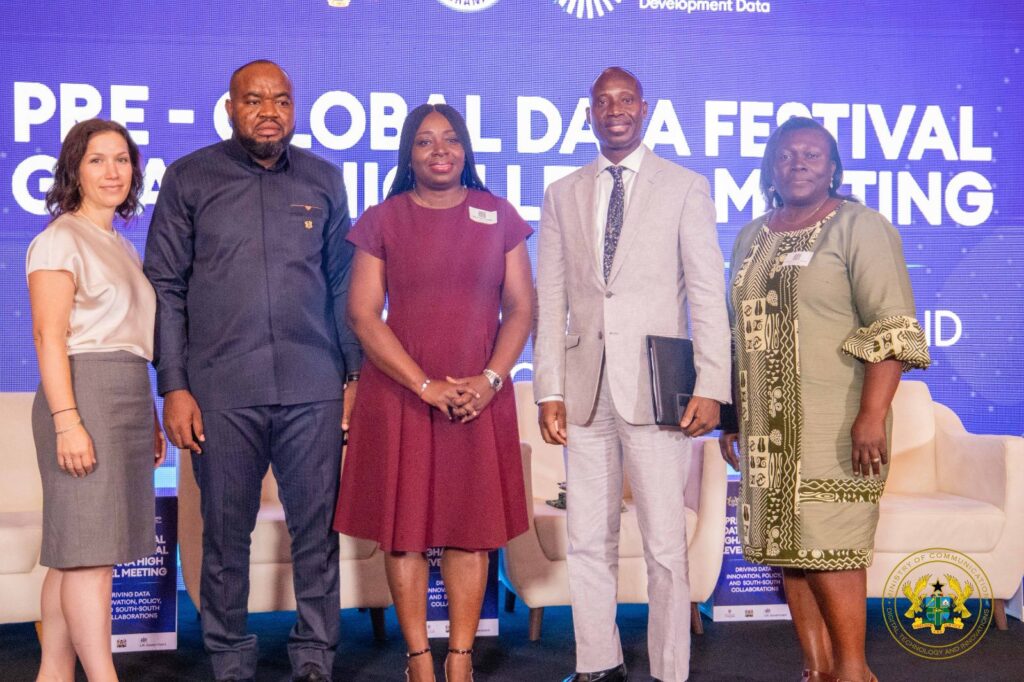
Calling for collective responsibility, the Deputy Minister urged parents, educators, businesses, policymakers, and young people to support the national digital transformation agenda. “Let us rise together and build a future where every Ghanaian has the tools to thrive in the digital age,” he concluded.
